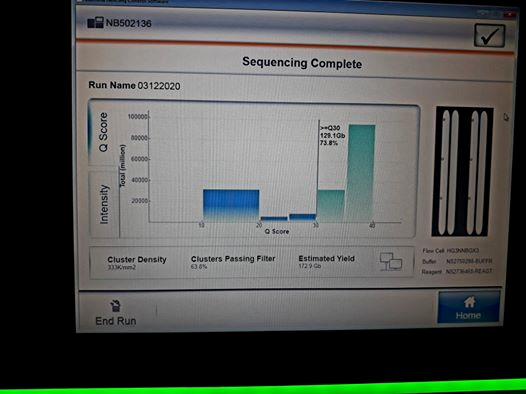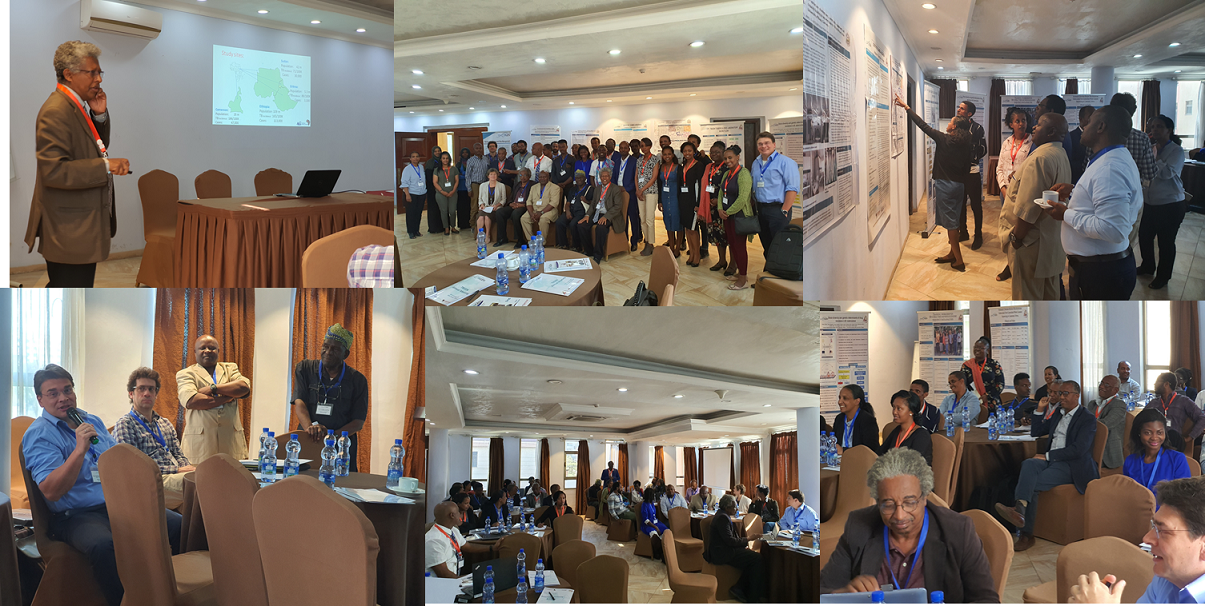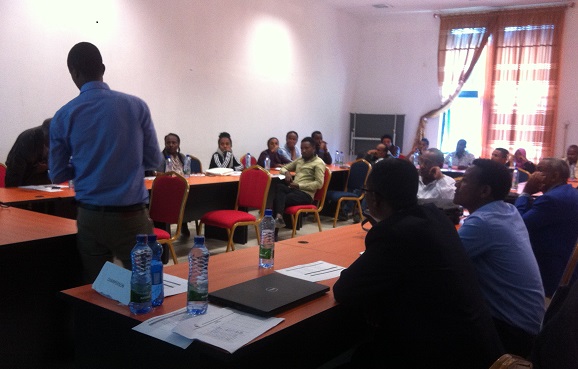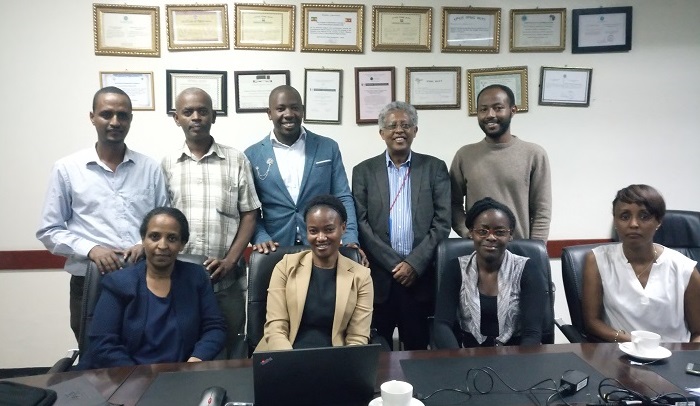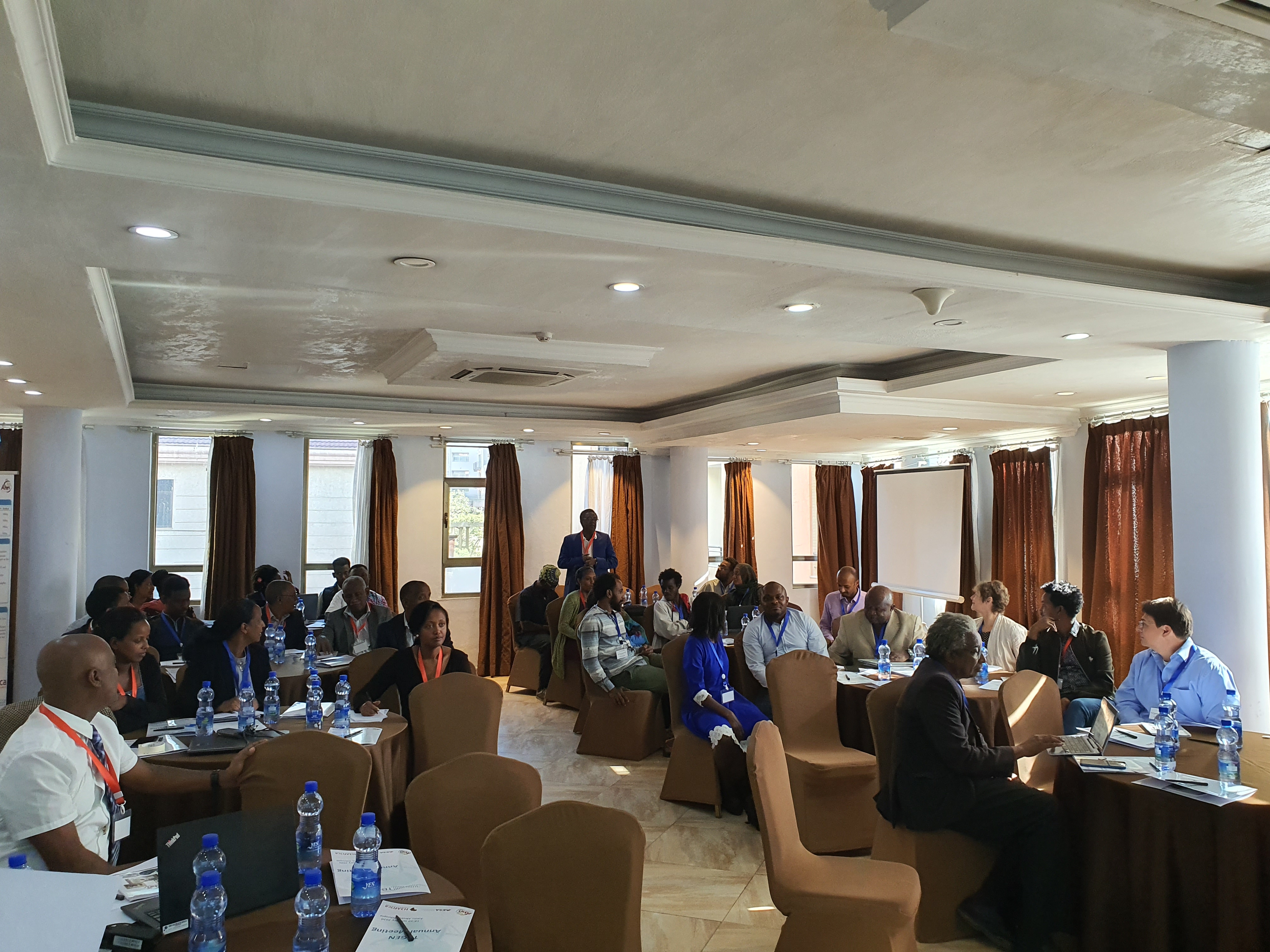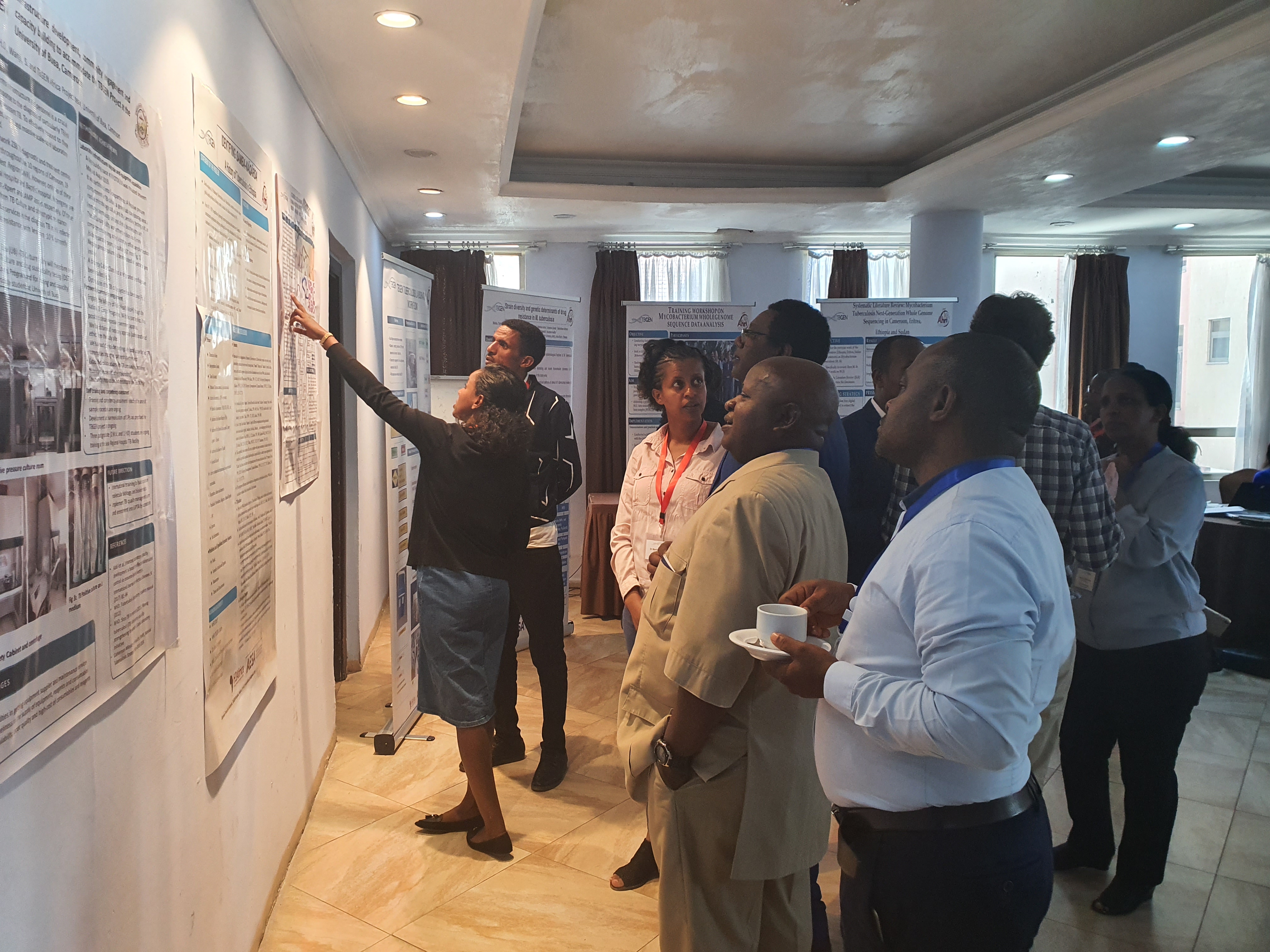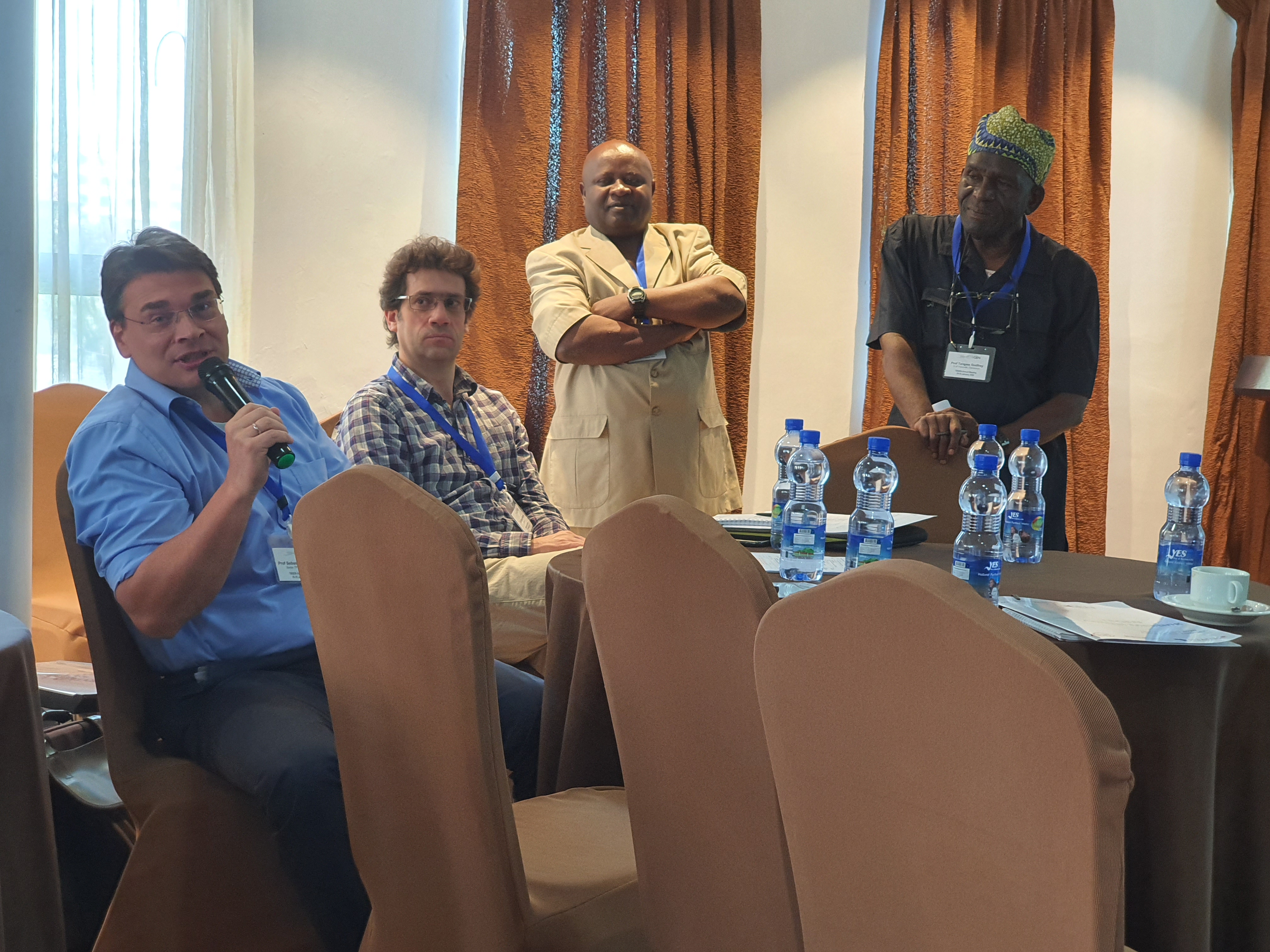The Armauer Hansen Research Institute (AHRI)was founded in 1970 through the initiative of the Norwegian and Swedish Save the Children organizations seconded by the Ministry of Health of Ethiopia. The Institute got its name from the Norwegian physician, Gerhard Henrik Armauer Hansen, who first described the leprosy bacillus (Mycobacterium leprae).
AHRI was established as a biomedical research institute located next to the All Africa Leprosy Rehabilitation and Training Hospital (ALERT). The Institute joined the Ethiopian Ministry of Health in 2004.
AHRI receives core support for its research activities from SIDA and NORAD. It enjoys tax free privileges from the Ethiopian government. Postgraduate (MSc and some PhD) theses are funded from the core budget of the Institute. Most of other research is funded by competitive grants. AHRI research activities cover basic (immunology and molecular biology), epidemiological and translational research. AHRI has published more than 380 papers in peer reviewed journals so far. It has also produced several theses and dissertations from Ethiopian and international scholars in biomedical research. The Institute has a network of national and international collaborators in peer reviewed grant projects, clinical trial partnerships, capacity building activities and in training of MSc and PhD students.
Mission
The mission of AHRI is to improve medical care; health and wellbeing of the public by generating and delivering scientific evidence, developing new tools and methods through biomedical, clinical and translational research, and to serve as a hub for technology transfer and capacity building in medical research and training
Vision
A leading medical research and training institute in Africa by 2025
Overarching results
Leading:-
Among the top ten medical research institutes in terms of
- Number and quality of research publications
- To State of the art lab facility
- Number of highly skilled manpower



